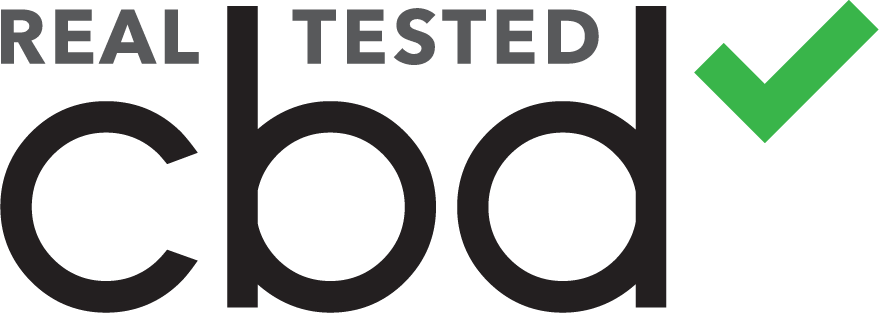The FDA has yet to signal its support for over-the-counter CBD products. In fact, the government agency has issued many warnings to CBD manufacturers that make health claims. FDA officials also constantly reiterate their stance against mixing CBD into edibles.
However, there’s a bit of hope that the FDA is interested in revising its CBD policies. According to recent reports, the FDA held a virtual conference with leaders in the supplement industry to discuss the safety of using cannabinoids in OTC products. While the FDA didn’t mention CBD by name, most in the hemp industry believe the FDA will focus on this cannabinoid.
What Does This FDA Meeting Mean For CBD?
On the official Federal Register website, it shows the FDA held a recent virtual conference on June 14th with members of its Science Board. The “agenda” for this meeting was light on details, but it mentioned focusing on “case studies” on “cannabinoids” to evaluate the “challenges and safety” of using these chemicals in supplements.
Members of the CBD community are torn over what this latest meeting means for their industry. On the one hand, some hemp brands believe this is a positive sign that the FDA is recognizing the importance of providing regulation for the recreational CBD space. However, many critics believe this meeting will produce no results or give the FDA more impetus to challenge the CBD space.
Although the 2018 US Farm Bill legalized hemp-derived CBD oils, the FDA has yet to introduce a national screening policy for the hemp market. It has, however, carried out tests to evaluate the purity of CBD supplements. The FDA also warned against hemp products like CBD edibles and delta-8 THC.
Indeed, in the past few weeks, the FDA sent letters to CBD manufacturers to halt the production of hemp-enriched animal feed. The FDA also constantly reiterates it doesn’t have enough evidence CBD is safe to add to food products.
However, this doesn’t mean the FDA doesn’t see any therapeutic potential in hemp-derived CBD. In fact, the organization approved CBD drugs like Epidolex, which is intended for children with epilepsy. The hope in the hemp community is that the FDA’s latest meeting signals the regulatory agency is moving toward coherent screening standards for CBD products.
Why Does The CBD Market Need FDA Regulations?
Currently, hemp businesses in the US have no nationally-accepted guidelines for evaluating their CBD products. Unfortunately, some companies have taken advantage of the lack of FDA requirements to release inferior quality hemp items onto the market. These low-grade CBD oils give the hemp industry a bad reputation.
If the FDA were to come out with CBD regulations, it could help “weed out” many of the bad actors in the CBD industry. An FDA seal of approval would also bolster CBD’s reputation amongst mainstream consumers. When customers know CBD capsules have FDA approval, they can feel better about using them for the first time.
Plus, since the FDA is involved in regulating foodstuffs, it could provide more clarity on what’s acceptable in CBD edibles for humans and pets. By establishing rules for the manufacture of CBD gummies and CBD pet treats, the FDA could help improve consumer confidence, transparency, and safety.
As The FDA Mulls Over CBD Policies, Please Prioritize Third-Party Lab Tests!
The FDA is still debating how to handle hemp CBD, but that doesn’t mean customers can’t search for “CBD near me.” Just remember that some hemp manufacturers don’t play by the rules — because, honestly, there aren’t clear policies in this industry! The only CBD brands you can trust are those that send their products to third-party labs for thorough analysis.
Real Tested CBD helps you sift through science-backed reviews for hundreds of CBD oils and delta-8 products. We publish the lab results for whatever hemp-derived product we test so you can get an objective read on each item.
Advertising disclosure: We may receive compensation for some of the links in our stories. Thank you for supporting Irvine Weekly and our advertisers.


